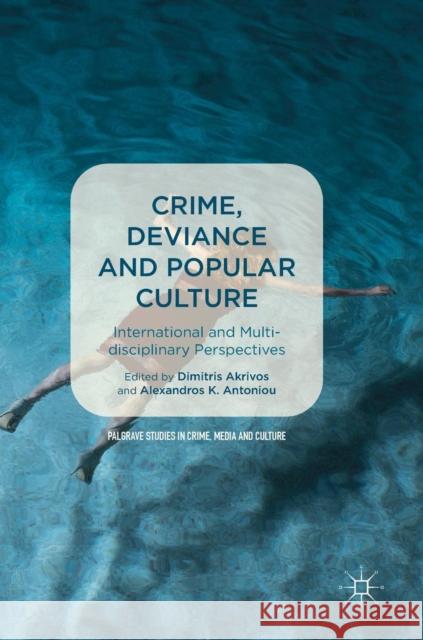Crime, Deviance and Popular Culture: International and Multidisciplinary Perspectives » książka
topmenu
Crime, Deviance and Popular Culture: International and Multidisciplinary Perspectives
ISBN-13: 9783030049119 / Angielski / Twarda / 2019 / 343 str.
Kategorie:
Kategorie BISAC:
Wydawca:
Palgrave MacMillan
Seria wydawnicza:
Język:
Angielski
ISBN-13:
9783030049119
Rok wydania:
2019
Wydanie:
2019
Ilość stron:
343
Waga:
0.58 kg
Wymiary:
21.01 x 14.81 x 2.06
Oprawa:
Twarda
Wolumenów:
01
Dodatkowe informacje:
Wydanie ilustrowane











